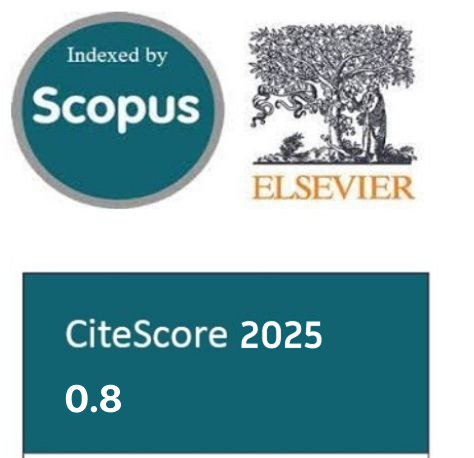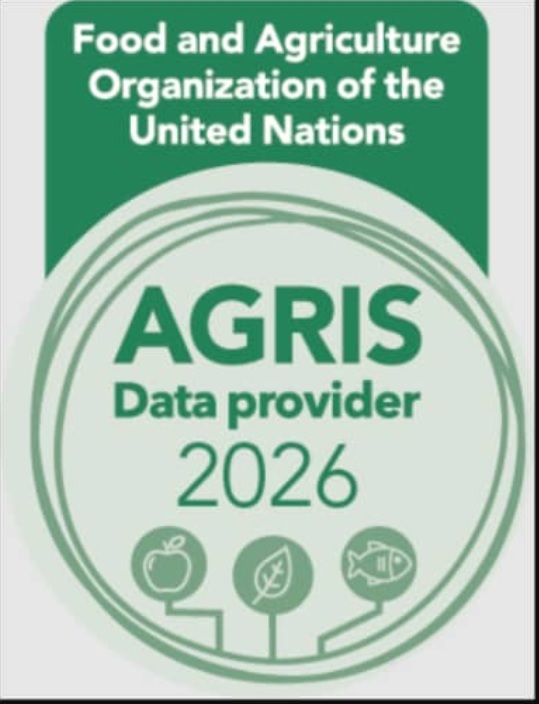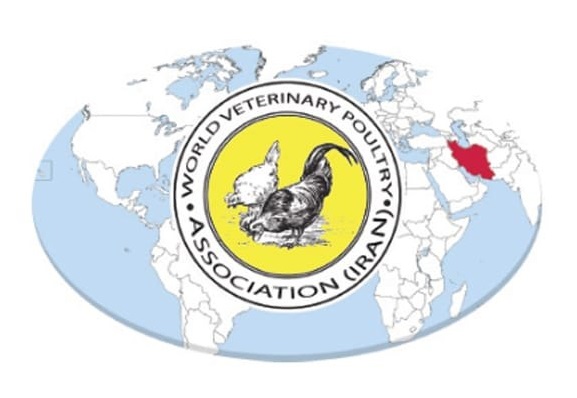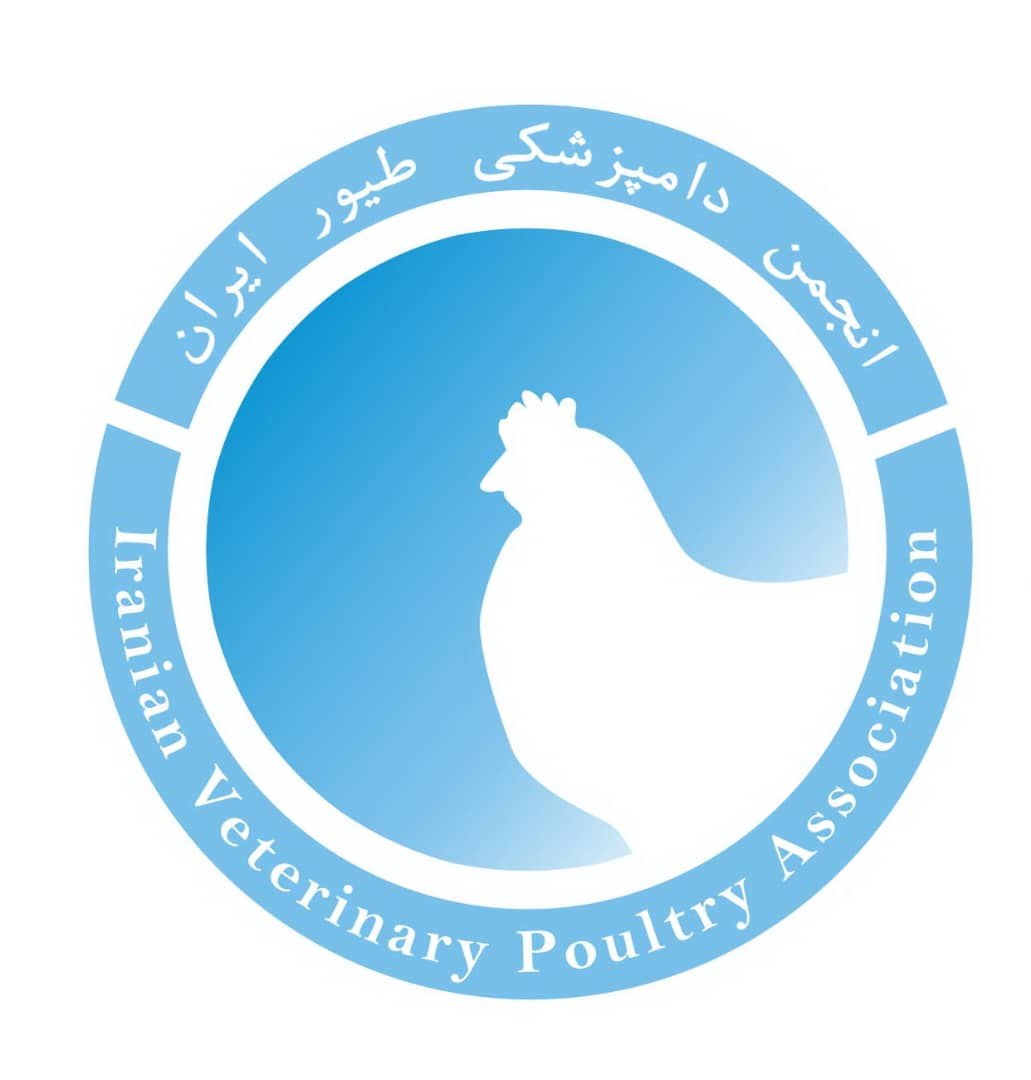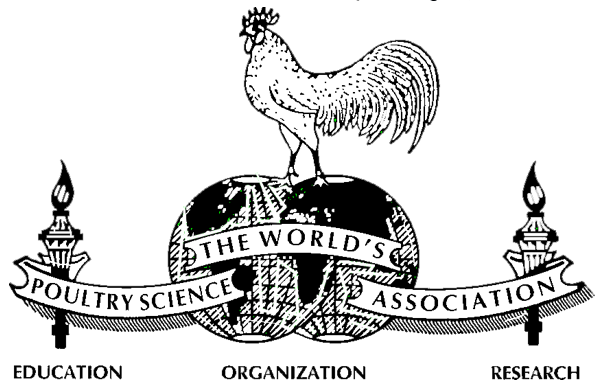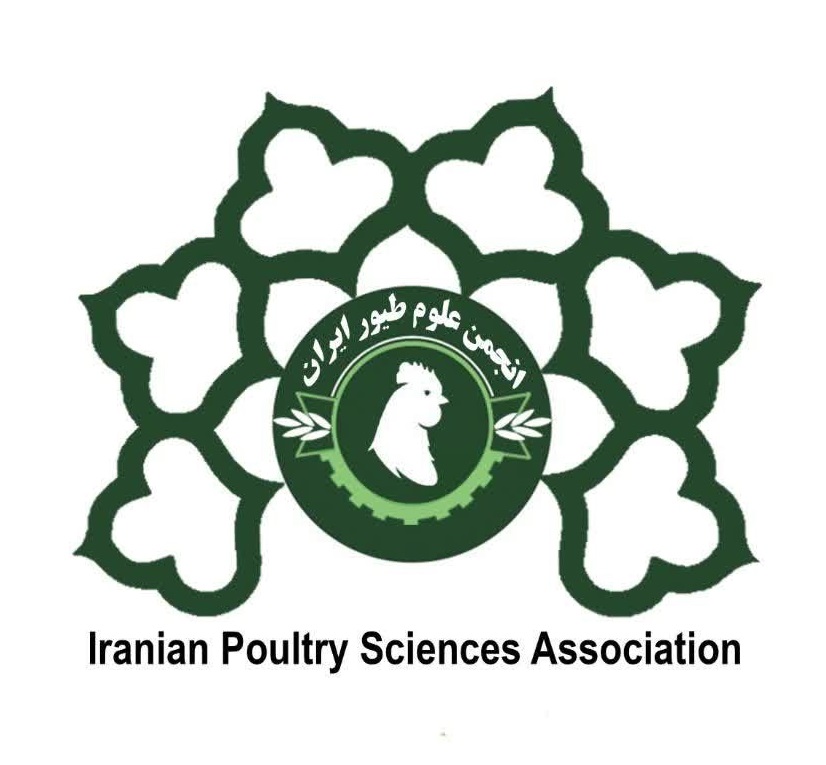Impact of Dietary Protein Reduction on Broiler Performance, Carcass Composition, and Meat Quality
Keywords:
Crude Protein, Broilers, Meet Maintenance, Dietary Protein LevelAbstract
Protein is a crucial nutrient in poultry nutrition, influencing growth, metabolism, and carcass composition. Optimizing dietary crude protein (CP) levels while ensuring adequate amino acid supplementation is essential for maximizing broiler performance and economic efficiency. This study evaluated the effects of reducing dietary CP levels on broiler growth performance, feed efficiency, carcass composition, and meat quality. A total of 150 one-day-old Ross 308 broilers were randomly assigned to three dietary treatments: low protein (LP), medium protein (MP), and high protein (HP). The LP group received 18%-16%-14% CP, the MP group received 20%-18%-16% CP, and the HP group received 22%-20%-18% CP across different growth phases. Results indicated that the HP group achieved the highest final body weight (2.78 kg), followed by the MP (2.53 kg) and LP (2.29 kg) groups (p<0.05). The Feed Conversion Ratio (FCR) was significantly lower in the LP group, indicating higher feed efficiency, although this was associated with reduced weight gain. The HP group exhibited the highest carcass weight, breast muscle percentage, and protein deposition, whereas the LP group had increased abdominal fat accumulation (p<0.05). Meat quality assessments revealed that the LP group had higher pH values, lower water-holding capacity, and reduced texture and tenderness scores compared to the MP and HP groups. These findings suggest that while reducing dietary CP improves feed efficiency and may reduce nitrogen excretion, excessive reductions negatively impact growth performance, carcass composition, and meat quality. A moderate CP reduction and optimized amino acid supplementation may provide a sustainable strategy for balancing economic feasibility, environmental impact, and broiler productivity.
Downloads
References
Alleman F, Michel J, Chagneau A, Leclercq B. The effects of dietary protein independent of essential amino acids on growth and body composition in genetically lean and fat chickens. British Poultry Science. 2000;41(2):214-8. [PMID: 10890219] [DOI]
Barekatain R, Romero LF, Sorbara JOB, Cowieson AJ. Balanced nutrient density for broiler chickens using a range of digestible lysine-to-metabolizable energy ratios and nutrient density: Growth performance, nutrient utilisation and apparent metabolizable energy. Animal Nutrition. 2021;7(2):430-9. [PMID: 34258431] [PMCID: PMC8245898] [DOI]
El-Wahab A, Aziza A, El-Adl M. Impact of dietary excess methionine and lysine with or without addition of L-carnitine on performance, blood lipid profile and litter quality in broilers. 2015.
Queen PM, Grace MT, Louis TT. Effect of dietary methionine to crude protein ratio on performance of Ross 308 broiler chickens aged 22 to 42 days. Veterinary and Animal Science. 2024;24:100350. [PMID: 38680550] [PMCID: PMC11047282]
Eits R, Kwakkel R, Verstegen M, Emmans G. Responses of broiler chickens to dietary protein: effects of early life protein nutrition on later responses. British Poultry Science. 2003;44(3):398-409. [PMID: 12964624] [DOI]
Bilgili S, Moran Jr E, Acar N. Strain-cross response of heavy male broilers to dietary lysine in the finisher feed: Live performance and further-processing yields. Poultry Science. 1992;71(5):850-8. [PMID: 1608880] [DOI]
Fatufe A, and, Rodehutscord M. Growth, body composition, and marginal efficiency of methionine utilization are affected by nonessential amino acid nitrogen supplementation in male broiler chicken. Poultry Science. 2005;84(10):1584-92. [PMID: 16335128] [DOI]
Sakomura N, Silva R, Couto H, Coon C, Pacheco C. Modeling metabolizable energy utilization in broiler breeder pullets. Poultry Science. 2003;82(3):419-27. [PMID: 12705403] [DOI]
BRUE RN, Latshaw JD. Energy utilization by the broiler chicken as affected by various fats and fat levels. Poultry Science. 1985;64(11):2119-30. [PMID: 4070141] [DOI]
Gómez R, Lewis A, Miller PS, Chen H, Diedrichsen R. Body composition and tissue accretion rates of barrows fed corn-soybean meal diets or low-protein, amino acid-supplemented diets at different feeding levels. Journal of animal science. 2002;80(3):654-62. [DOI]
Kidd M, Kerr B, Halpin K, McWard G, Quarles C. Lysine levels in starter and grower-finisher diets affect broiler performance and carcass traits. Journal of Applied Poultry Research. 1998;7(4):351-8. [DOI]
D'mello J, Lewis D. Amino acid interactions in chick nutrition: 2. Interrelationships between leucine, isoleucine and valine. British poultry science. 1970;11(3):313-23. [PMID: 5433122] [DOI]
Aftab U, Ashraf M, Jiang Z. Low protein diets for broilers. World's Poultry Science Journal. 2006;62(4):688-701. [DOI]
SV C, editor New developments in amino acid and protein nutrition of poultry, as related to optimal performance and reduced nitrogen excretion. 13^< th> European Symposium Poultry Nutrition Blankenberg, Belgium 2001; 2001.
Kita K, Muramatsu T, Okumura J. Effect of dietary protein and energy intakes on whole-body protein turnover and its contribution to heat production in chicks. British Journal of Nutrition. 1993;69(3):681-8. [PMID: 8329344] [DOI]
Sterling K, Pesti G, Bakalli R. Performance of different broiler genotypes fed diets with varying levels of dietary crude protein and lysine. Poultry Science. 2006;85(6):1045-54. [PMID: 16776474] [DOI]
Vieira S, Lemme A, Goldenberg D, Brugalli I. Responses of growing broilers to diets with increased sulfur amino acids to lysine ratios at two dietary protein levels. Poultry Science. 2004;83(8):1307-13. [PMID: 15339005] [DOI]
Zhai W, Peebles E, Schilling M, Mercier Y. Effects of dietary lysine and methionine supplementation on Ross 708 male broilers from 21 to 42 d of age (I): growth performance, meat yield, and cost effectiveness. Journal of Applied Poultry Research. 2016;25(2):197-211. [DOI]
Albrecht A, Herbert U, Miskel D, Heinemann C, Braun C, Dohlen S, et al. Effect of methionine supplementation in chicken feed on the quality and shelf life of fresh poultry meat. Poultry Science. 2017;96(8):2853-61. [PMID: 28419366] [DOI]
Pokoo-Aikins A, Timmons JR, Min BR, Lee WR, Mwangi SN, McDonough CM, et al. Effects of varying levels of dietary DL-methionine supplementation on breast meat quality of male and female broilers. Poultry. 2022;1(1):40-53. [DOI]
Saleh AA, Ragab MM, Ahmed EA, Abudabos AM, Ebeid TA. Effect of dietary zinc-methionine supplementation on growth performance, nutrient utilization, antioxidative properties and immune response in broiler chickens under high ambient temperature. Journal of applied animal research. 2018;46(1):820-7. [DOI]
Sigolo S, Deldar E, Seidavi A, Bouyeh M, Gallo A, Prandini A. Effects of dietary surpluses of methionine and lysine on growth performance, blood serum parameters, immune responses, and carcass traits of broilers. Journal of Applied Animal Research. 2019. [DOI]
Skinner-Noble D, Teeter R. Components of feed efficiency in broiler breeding stock: energetics, performance, carcass composition, metabolism, and body temperature. Poultry Science. 2003;82(7):1080-90. [PMID: 12872963] [DOI]
Mack S, Bercovici D, De Groote G, Leclercq B, Lippens M, Pack M, et al. Ideal amino acid profile and dietary lysine specification for broiler chickens of 20 to 40 days of age. British poultry science. 1999;40(2):257-65. [PMID: 10465394] [DOI]
Chrystal PV, Moss AF, Khoddami A, Naranjo VD, Selle PH, Liu SY. Effects of reduced crude protein levels, dietary electrolyte balance, and energy density on the performance of broiler chickens offered maize-based diets with evaluations of starch, protein, and amino acid metabolism. Poultry Science. 2020;99(3):1421-31. [PMID: 32115029] [PMCID: PMC7587616] [DOI]
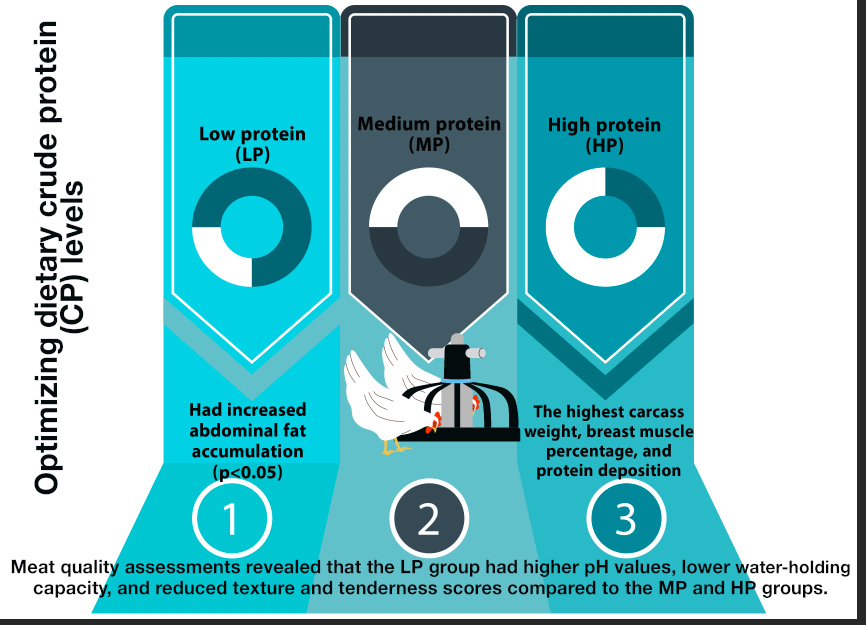
Downloads
Published
Issue
Section
License
Copyright (c) 2024 Iman Mostafa, Mohammad Barari (Author); Keramat Asasi (Corresponding Author)

This work is licensed under a Creative Commons Attribution-NonCommercial 4.0 International License.


